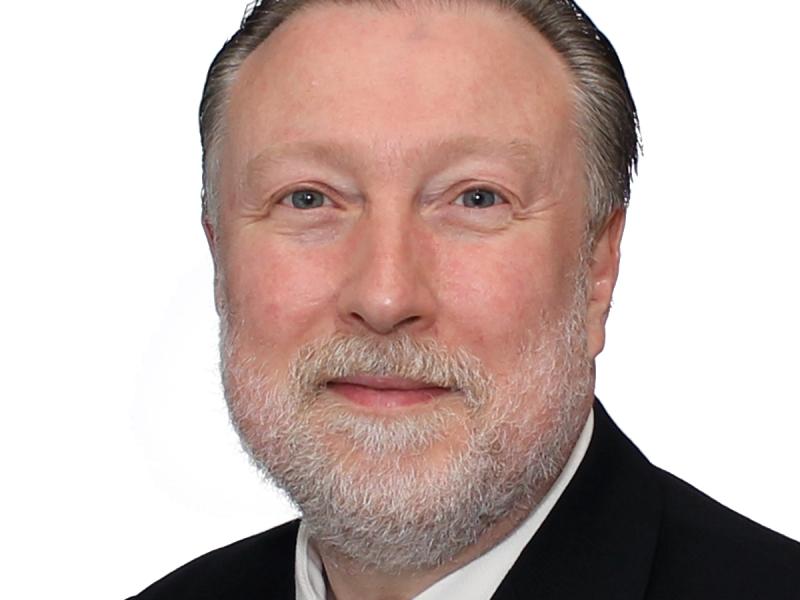
E3 Lithium Ltd. (ETL-X) plans to build its Clearwater lithium extraction project in phases, a choice that will reduce risks and make it easier to secure financing, CEO Chris Doornbos said in a webinar on Wednesday.
The first phase of the commercial-scale project in Alberta is expected to produce 12,000 tonnes of battery-grade lithium carbonate equivalent per year. At full production, it is anticipated to ramp up to 36,000 tonnes per year.
In 2024, the company planned to have Clearwater operational by the second half of 2027, initially producing 32,250 tonnes per year of a more refined battery material called lithium hydroxide.
A phased approach that pares out the lithium hydroxide step will reduce the initial capital risk and the amount of engineering required, Doornbos said, building a stronger business case for E3 Lithium and accelerating the speed to market.
“What it does, it makes it more appetizing for a strategic partner and for your banks to come in and finance it.”
Calgary-based E3 Lithium is aiming to have the project, to be located in Mountain View County, shovel-ready next year. It expects to commission its demonstration facility in the second half of this year.
Clearwater
At Clearwater, E3 Lithium is looking to establish a facility where it will extract lithium chloride from brine. The lithium chloride will be refined and purified it into lithium carbonate salt. The salt can be sold to companies as an ingredient for lithium-ion battery manufacturing.
E3 Lithium opted to remove the lithium hydroxide refining portion because it expects 70 per cent of lithium consumption will be in carbonate form by 2030, Doornbos said.
To minimize environmental impact, Clearwater plans to operate a closed-loop system that will use recycled plant water and lithium-depleted brine, and will not require a tailings pond like conventional mining.
The project may incorporate a carbon capture and sequestration system that will help offset some of the climate-warming pollution.
Its location between Calgary and Red Deer will allow E3 Lithium to tap into Alberta’s related oil and gas workforce and access highways, rail lines and power infrastructure.
Tests using E3’s brines and direct lithium extraction technology and a battery technology from Boston-based Pure Lithium Corp. have been used to produce lithium metal batteries.
E3 Lithium is targeting the full permitting of Clearwater in mid-2026, and construction could begin if the funding has been secured.
Critical to the company is its demonstration facility, which the company hopes will prove the viability of the direct lithium extraction technology that will be employed at Clearwater.
E3’s demo site
Expected to have the equipment arrive on site in late Q2 to early Q3, the demonstration will progress over three phases.
The first will involve assembling and commissioning a direct lithium extraction system and the purification equipment.
In Phase 2, two wells will be drilled to support an approximately six-month production test to collect data for its feasibility study.
For Phase 3, a commercial-scale direct lithium extraction column will be operated to determine the performance, plus support project financing and strategic partnerships. Phase 3, Doornbos said, is “really about de-risking.”
After the demonstration project is commissioned, E3 Lithium plans to move on to a final investment decision for Clearwater. If all goes according to plan, Doornbos expects to have brine flowing through the project by late 2027 to early 2028, depending on the final permitting for drilling of the wells and if the funding for construction and purchase of equipment has been secured.
With full funding and permitting in place, production could feasibly begin in 2028.
The speed at which its plan is progressing is relatively quick compared to its peers, he said.
“When you look around at what projects can come on stream when, we’re definitely in the top list of companies that can build a battery-grade product in the timeframe we can.”
He said Clearwater may be just the beginning; E3 Lithium has the ambition to develop multiple lithium extraction facilities over the years.










